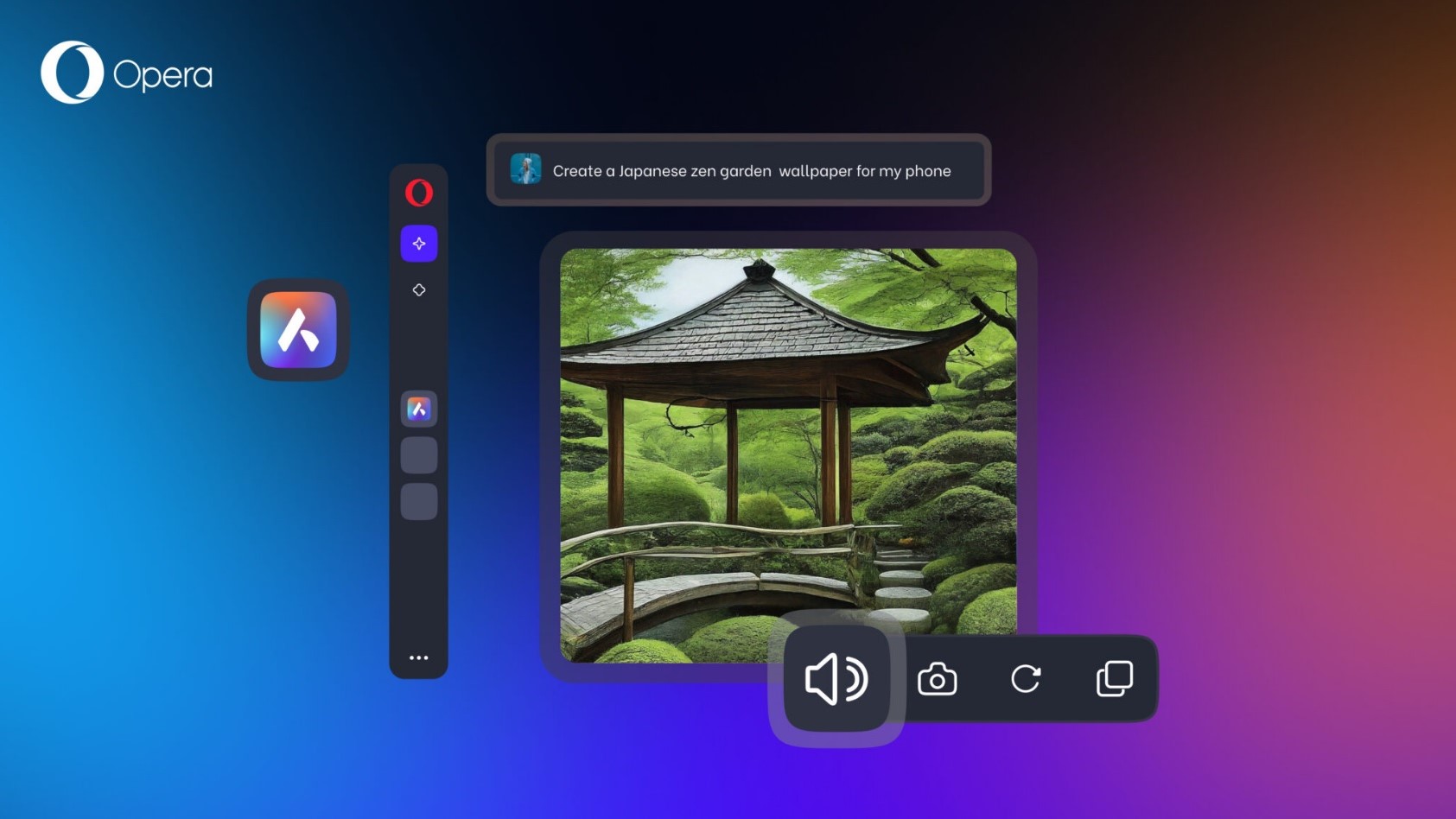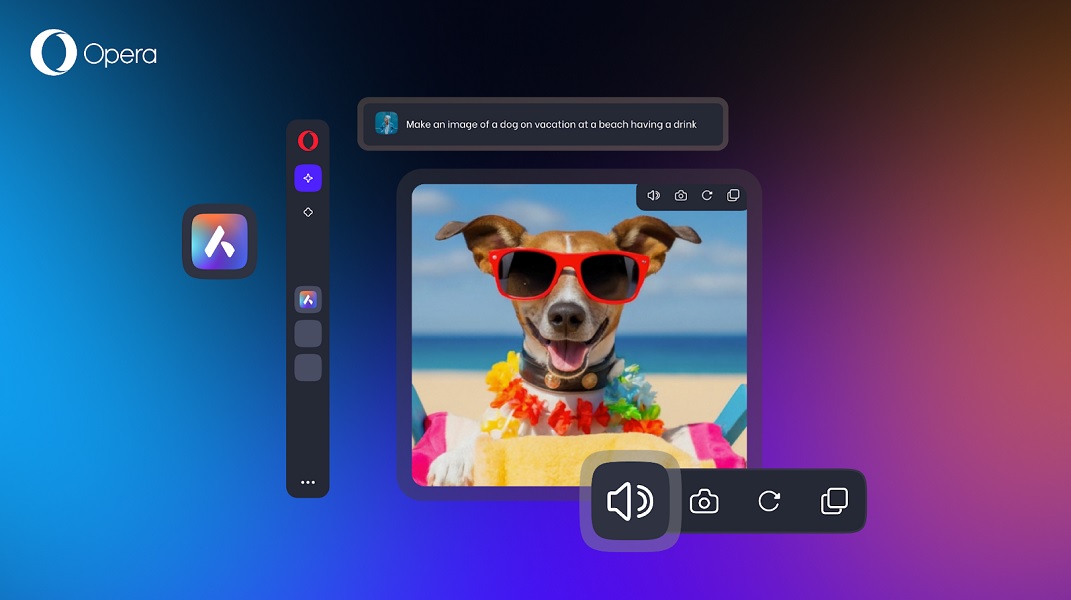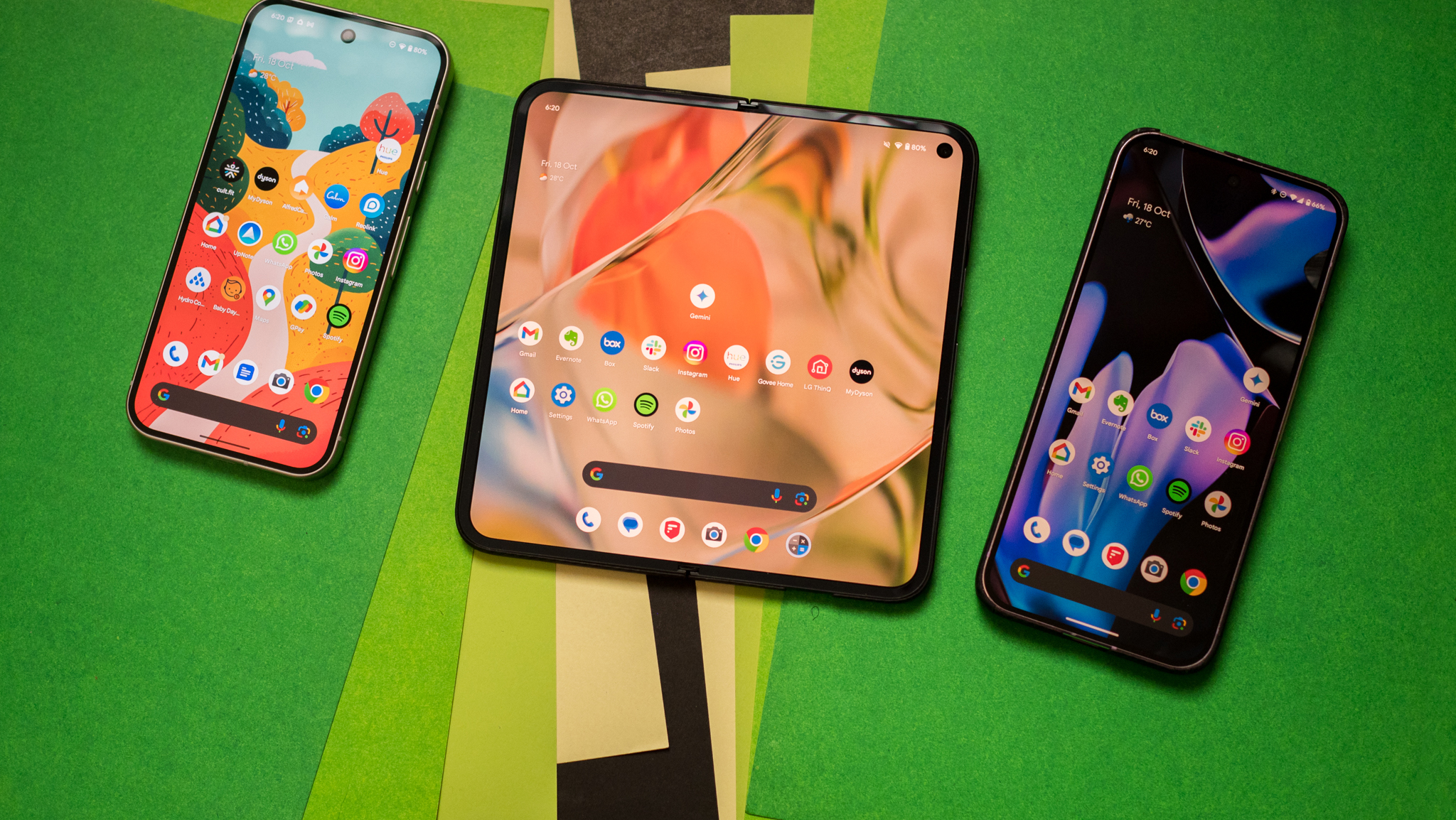Popular Android browser to integrate Gemini AI
Opera states that through its work with Google Cloud comes several AI enhancements.

What you need to know
- Opera announced its collaboration with Google Cloud, which brings its Gemini AI models and Imagen 2 software to its browser.
- Gemini will join its AI Aria's range of LLMs to help users with specific prompts that require its specific brains.
- Imagen 2 will give Opera free text-to-image generation capabilities alongside voice output for responses.
Well-known PC and Android browser, Opera, has highlighted its latest AI feature drop, and this one comes with a little Google magic.
Today (May 28), Opera announced that it has started collaborating with Google Cloud to integrate its Gemini AI models into its in-browser AI, Aria. The company states that Gemini will enable the Opera browser to provide users with "the most current information, at high performance."
Opera reiterates Aria's design, which is that of a multi-LLM Composer AI engine. This gives the browser a chance to "curate" a better experience for users based on what they may need. Moreover, Aria piggybacks off multiple LLMs (large language models). Opera states that Aria will choose the best AI model to handle a user's task based on their "intent."
AI is woven through both the regular Opera browser and the OperaGX browser, geared toward PC gamers. Gemini will likely appear in both instances, however, Opera has not said when we should expect this.
This collaboration continues as Opera states Aria will soon pick up image generation and voice output capabilities. Courtesy of the work with Google Cloud, the Opera browser will deliver free image generation features to users through Google's Imagen 2 model on Vertex AI.
Additionally, Aria is being upgraded with "conversational-like" voice output, which lets the AI read its responses aloud to users.

Google debuted Imagen 2, a text-to-image generation model, late in 2023. It was stated that the software could create "photorealistic" imagery based on users' prompts. There was also the hope that Imagen 2 could rid users of some "typical problems" those types of bots are prone to.
Be an expert in 5 minutes
Get the latest news from Android Central, your trusted companion in the world of Android
Since then, during I/O 2024, the company unveiled its new Imagen 3 model. The idea of creating photorealistic and life-like imagery remains the same with this new software. However, Google explained that Imagen 3 takes it a step further as users should experience an increase in detail across the board. Natural speech and the intent behind your prompt are areas where Imagen 3 was said to be better than its predecessor.

Nickolas is always excited about tech and getting his hands on it. Writing for him can vary from delivering the latest tech story to scribbling in his journal. When Nickolas isn't hitting a story, he's often grinding away at a game or chilling with a book in his hand.
You must confirm your public display name before commenting
Please logout and then login again, you will then be prompted to enter your display name.
